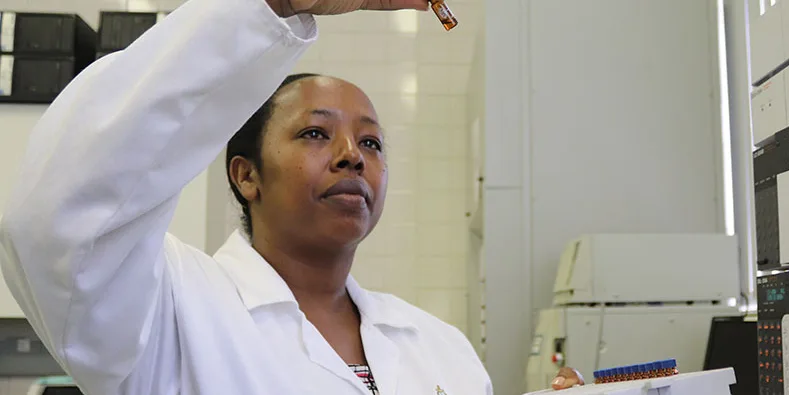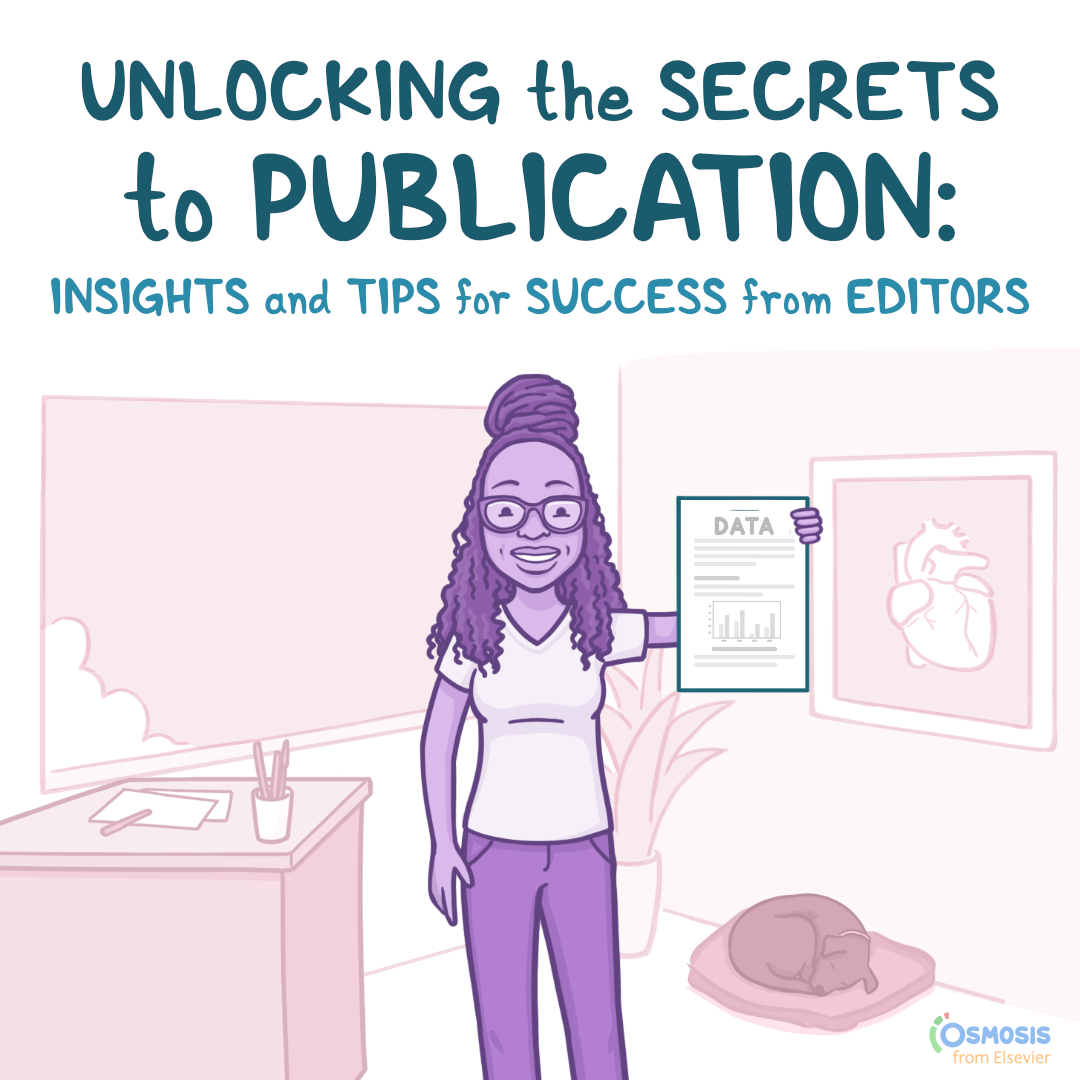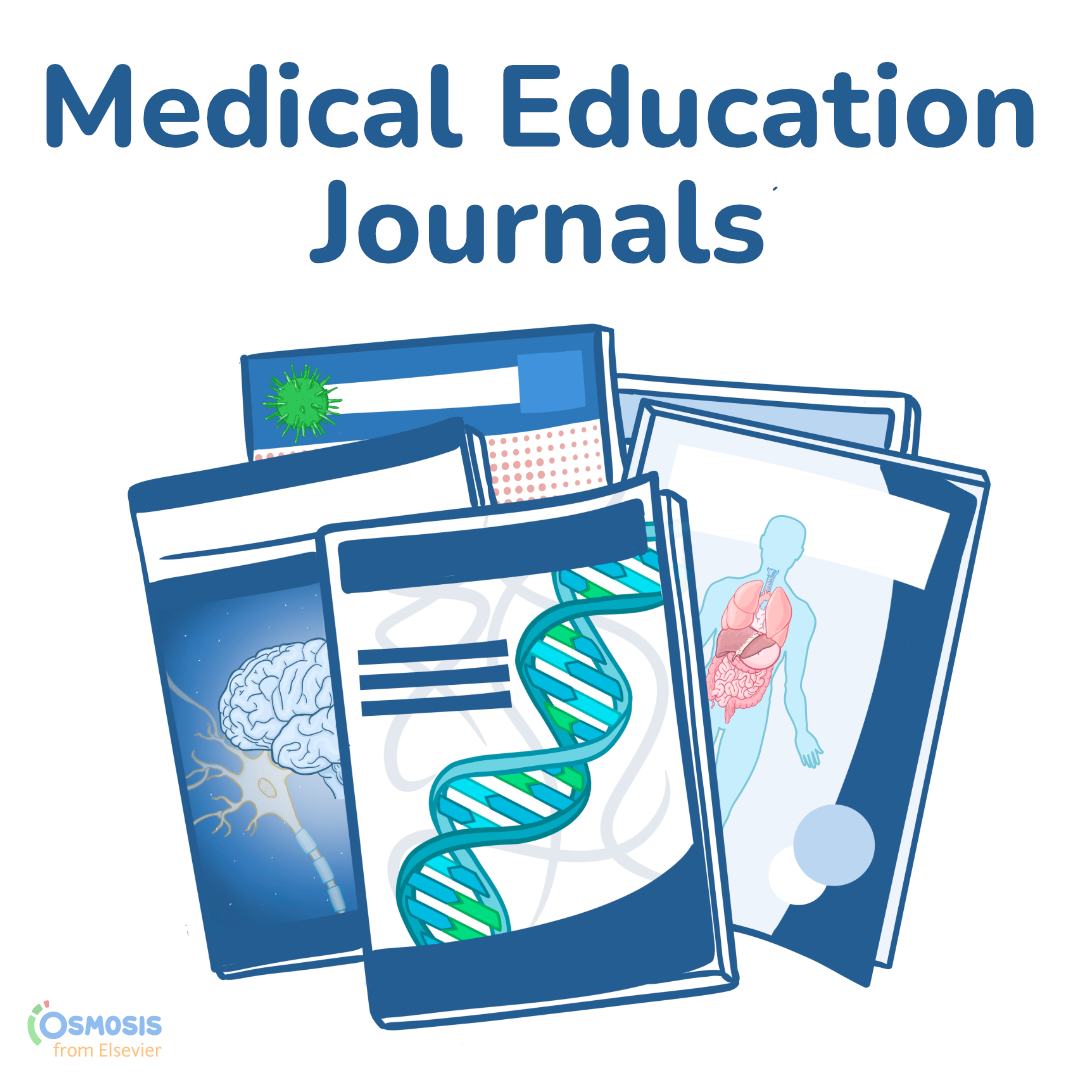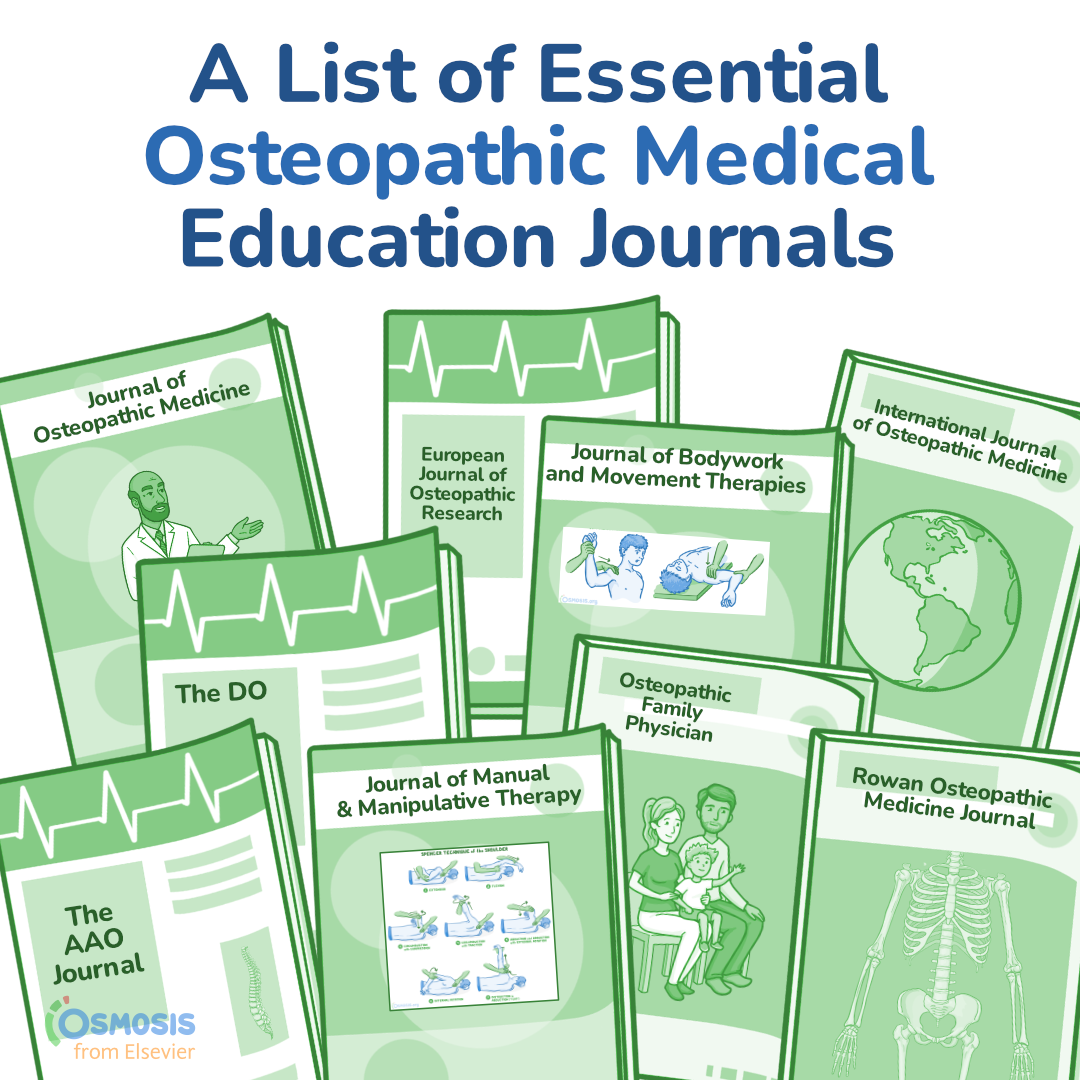
Elsevier partners with the research community to empower open science. Together we can create a more inclusive, collaborative and transparent world of research

Personal experience with food insecurity led Prof Eugénie Kayitesi to pursue research into making indigenous foods more nutritious — and publish it open access
Explore here
Studying the effects of illegal fishing, Rodrigo Oyanedel relies on open access and peer review to bring quality research to fishing communities in Chile
Explore here
Elsevier, a global leader in scientific publishing and information analytics, today announced that it is piloting Geographical Pricing for Open Access (GPOA) across 142 of its Gold Open Access journals
Explore here
Over 97% of our journals offer the option to publish open access, Browse our list of gold open access journals.
Explore
Free access to archived material in 140 Elsevier journals for everyone to read and download.
Explore
Elsevier is a founding member of the CHORUS service, to provide a low-cost compliance for open access.
Explore

Osmosis Blog: Secrets to Publication
Learn more
Osmosis Blog: List of High-Impact Medical Education Journals
Learn more
Osmosis Blog: List of Essential Osteopathic Medical Education Journals
Learn moreRare is an international, peer-reviewed open access journal, publishing research on direct clinical and psychosocial care, diagnosis, pharmacology, public policies or ethics. Now researchers, healthcare professionals, policy makers, and the rare disease community have a multidisciplinary open access scientific publication that covers all aspects of living with these disorders.
Editor in Chief: Prof Dr Wendy van Zelst-Stams, Clinical geneticist and Head of the Clinical Genetics Section in the Department of Human Genetics at Radboud University Medical Centre in Nijmegen, The Netherlands, President of the Dutch Society of Clinical Genetics, and recently appointed Professor in Care for Rare.
Cookies are used by this site. To decline or learn more, visit our cookie notice.
Copyright © 2025 Elsevier, its licensors, and contributors. All rights are reserved, including those for text and data mining, AI training, and similar technologies.